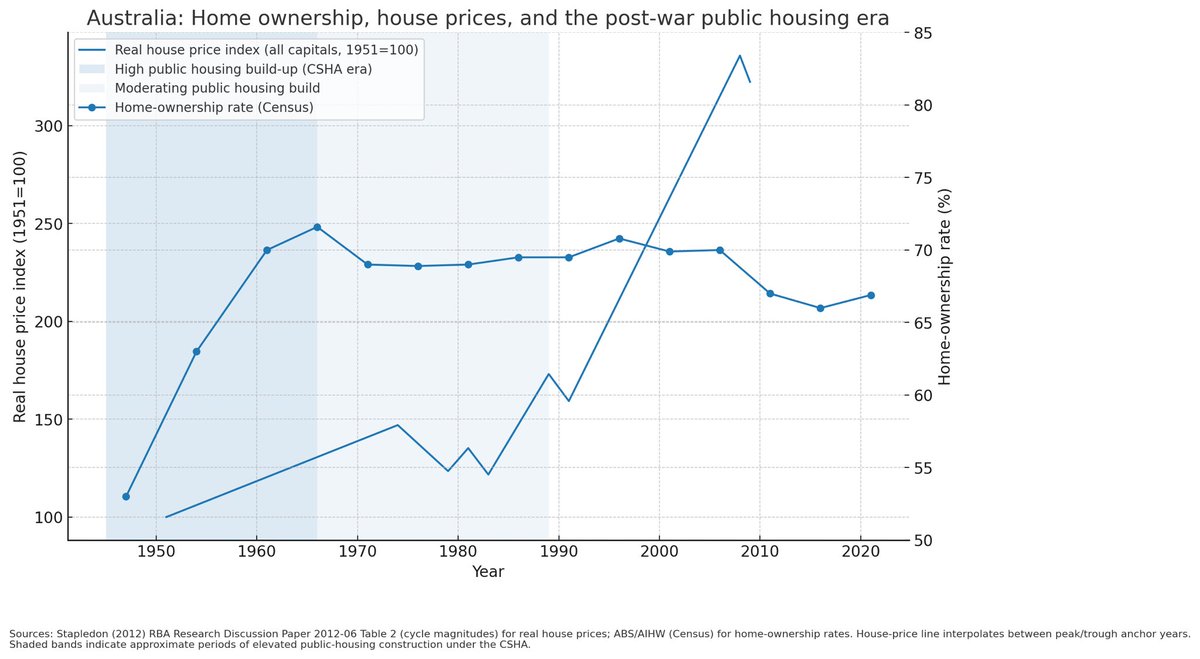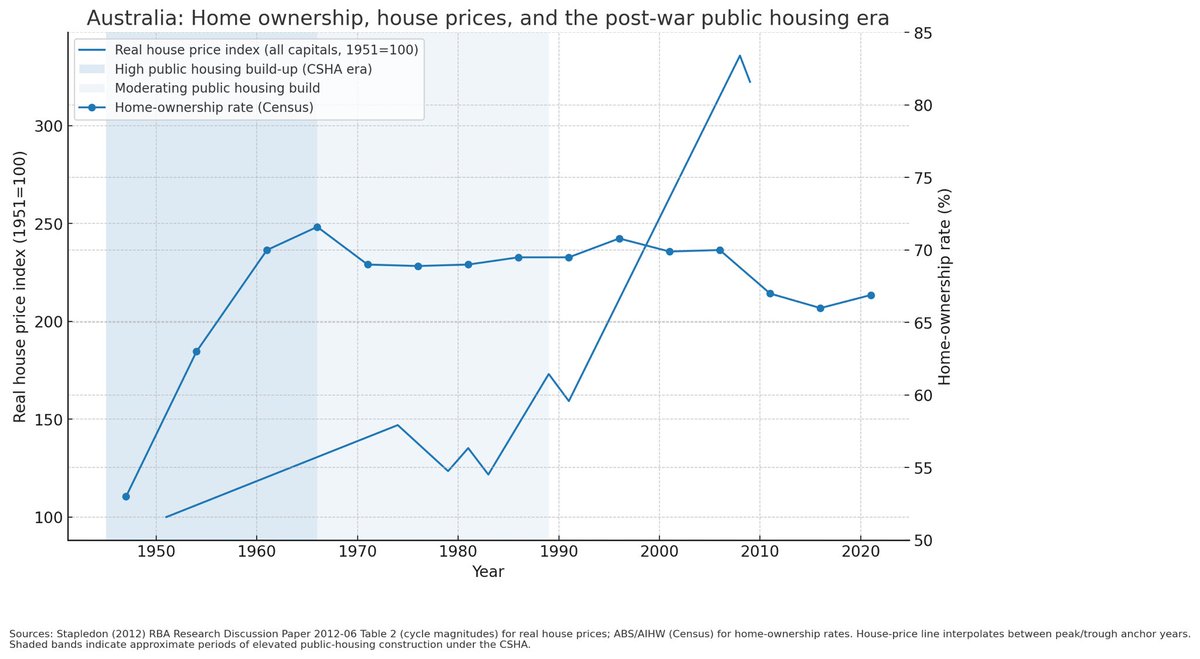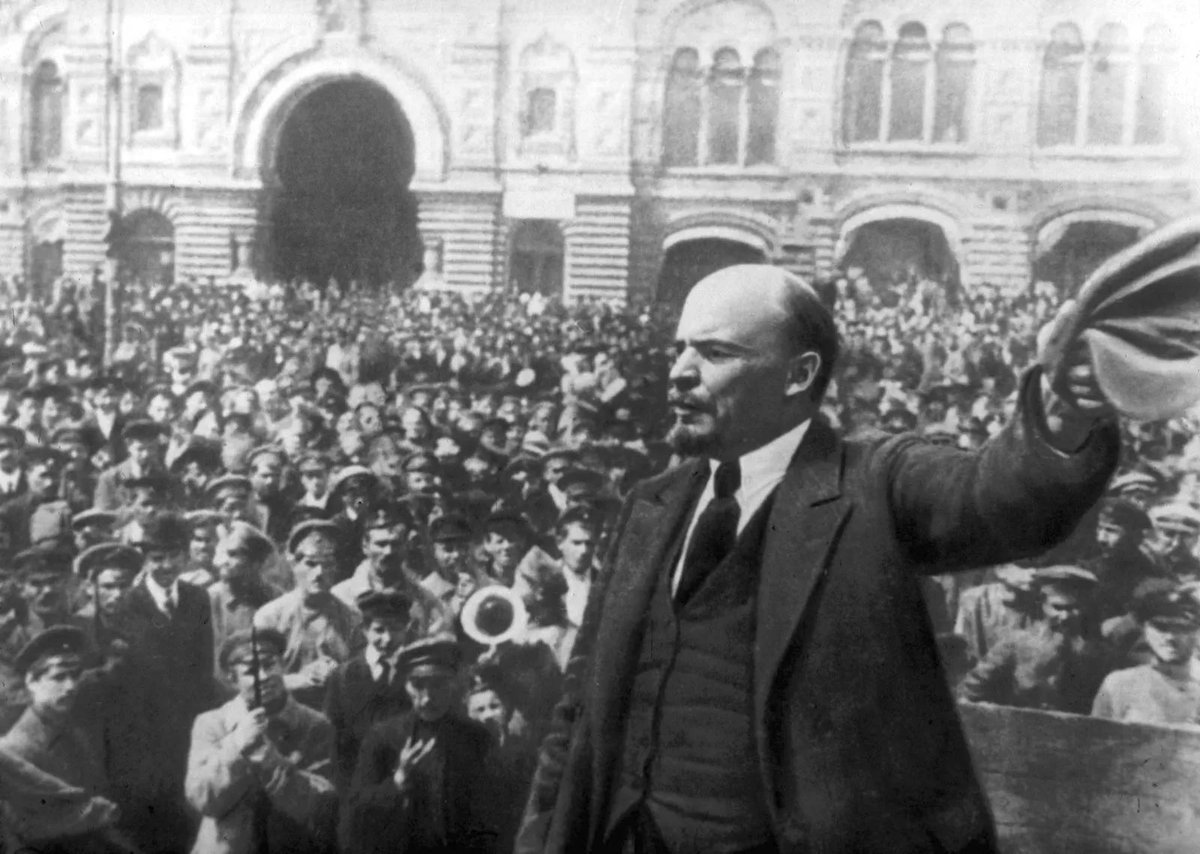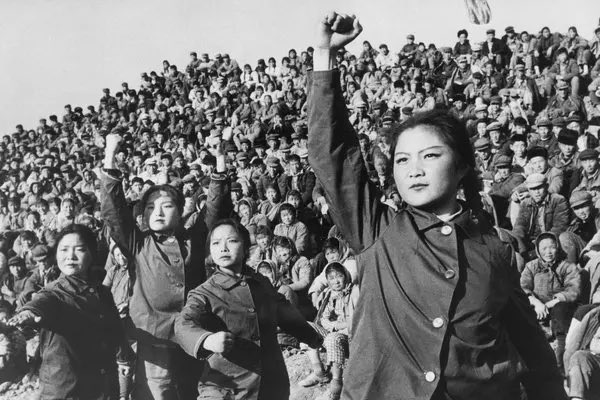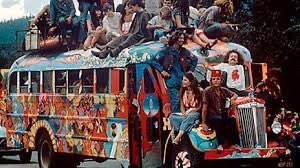Dramatic waning of effectiveness of vaccines, in a public health strategy that is vaccination only. The herd of elephants in the room for our Covid ‘strategy’. UKHSA data (see link at end). Symptomatic disease first. (Experts welcome to comment!) /1 #auspol #covid19aus 

This data suggests it makes little difference if you were boosted, if AZ was your first 2 shots. Effectiveness against symptomatic disease near zero after 20 weeks in both cases. This was also the vaccine given to highest risk, older Australians. /2 

Pfizer followed by Pfizer booster seems even worse than no booster. A little better with Moderna booster, but remembering again many Australians are still at 2 doses of any vaccine, thanks to the previous PM’s election campaign. And 20% effectiveness either way i.e. very low. /3 

Moderna fares quite a bit better, if boosted. (More on boosters in Australia in a moment.) Symptomatic disease has been consistently minimised as an issue, but significant impacts on workforce absenteeism and LongCovid are bringing attention back to it. Hospitalisations next. /4 

Effectiveness against hospitalisation may be marginally better if you’re not boosted, after 6 months (but may reflect vaccination demographics - older people more likely to be boosted). A range from 60-90%, which explains significant ongoing hospitalisation numbers. /5 

Even at the upper end of that range, say 90%, with enormous infection numbers/transmission, that still translates into unmanageable numbers of people needing hospital beds. Now to bring the Australian context to this data, the herd of elephants in the room. /6
About 15% of Australians have not had even 2 doses of a vaccine, let alone a booster. Only just over half of Australians have had a booster shot, and only 15% have had 2 boosters. In a National Cabinet strategy of vaccination only, we’re not even doing that. /7 

Even more seriously, by October (i.e. now) even boosted people are past the range of efficacy shown in the UKHSA data, which is 20 weeks. Both 2 and 3-dose Australians mostly had their final shots around April. So, what’s the plan? /8 

Heading towards Christmas with existing vaccinations - our only real strategy - well past their optimum efficacy date. And many Australians significantly under-vaccinated to boot. The only mention I’ve seen of updating the vaccination strategy is talk of getting boosters…/9
…with our annual flu shots. Up to 6 or more months away. Jane Halton mentioned there’s talk of only buying enough to match how many flu shots are given annually i.e. nothing like even a majority of the population. All of this suggests Australia is about to experience…/10
…what the UK is now experiencing. Significant increases in infection and disease, including severe disease and hospitalisation, caused by waning immunity and absence of other protective measures. The initial hopium of vaccinating our way out of the pandemic could only ever…/11
…last as long as those initial vaccinations lasted. We’ve not only arrived at that point, it’s probably already behind us. /end
Link for UKHSA report: assets.publishing.service.gov.uk/government/upl…
Link for UKHSA report: assets.publishing.service.gov.uk/government/upl…
• • •
Missing some Tweet in this thread? You can try to
force a refresh


